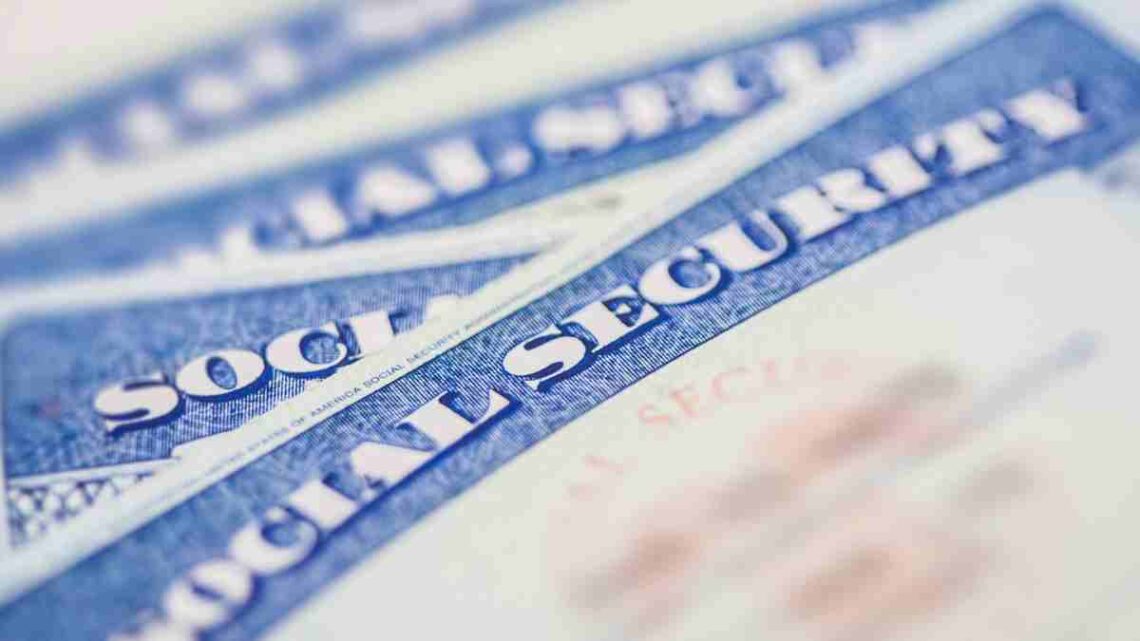With elections in the United States approaching, Social Security recipients can rest assured: their payments will continue as scheduled, with no interruptions or delays. This month, retirees and individuals with disabilities will receive their checks according to the usual timeline.
In addition, November will provide an early payment of December’s Supplemental Security Income SSI, providing an added financial boost for those who qualify. Below, we break down the detailed payment schedule and requirements for each type of benefit.
Key payment dates for Social Security in November
The Social Security payments in November are scheduled across three dates, organized by the beneficiary’s birth date and when they began receiving benefits. Here is a breakdown of the payment schedule for each group:
- November 13: Payment for beneficiaries born between the 1st and 10th of the month, who started receiving benefits after May 1997.
- November 20: Payment for beneficiaries born between the 11th and 20th of the month, with benefit start dates after May 1997.
- November 27: Payment for those born between the 21st and 31st of the month, who began receiving Social Security benefits after May 1997.
Those who began receiving benefits before May 1997 have already received their payments at the beginning of November. This schedule allows both retirees and individuals with disabilities to receive payments consistently, helping to ensure a steady flow of income without disruption.
Maximum benefit amounts based on benefit category
The amount each recipient receives depends on their type of retirement or disability benefits. For individuals who opted for early retirement, the payment can reach up to $2,710. Disability beneficiaries, as well as those who have reached full retirement age, may receive a maximum payment of $3,822. Those who chose to delay their retirement past full retirement age can receive up to $4,873.
SSI early payment in November
In addition to the regular Social Security payments, an advance payment for December’s SSI will be made on November 29. This early SSI payment helps beneficiaries access their funds at the start of the following month, providing additional financial stability.
To qualify for SSI, individuals need to meet specific requirements, including:
- Being 65 or older, or having a recognized disability.
- Keeping income and resources within program limits.
- Residing in the United States and complying with program rules to avoid any additional income that could disqualify them.
This early SSI payment is a significant support for recipients, who often rely on these funds to meet monthly expenses. Continuation of these payments in November guarantees a stable income flow, regardless of political circumstances, and allows beneficiaries to plan their budgets with greater confidence.
If you have direct deposit activated, you will receive both Social Security and SSI payments on the same day they’re sent. This method is faster, eliminating delays and ensuring funds reach the recipient’s account immediately. However, those who have not chosen direct deposit may experience minor delays, though payments typically arrive close to the established dates.
Planning and stability for Social Security recipients
Social Security and SSI payments are essential for millions of Americans. In a context of inflation and rising prices, these funds have become even more critical for covering basic living expenses.
The regularity of these payments enables retirees and people with disabilities to manage their budgets and face the month with greater security. This November, with the early SSI payment and the Social Security payment schedule, beneficiaries have an assured income stream, helping to ease financial strain and support a steady budget for the month ahead.
Beyond the immediate financial stability that these scheduled payments provide, the system also enables beneficiaries to make informed, longer-term financial decisions. For example, knowing when funds will be available allows retirees and people with disabilities to coordinate payments for essential bills like rent, utilities, and medical expenses, helping them avoid late fees or other financial pitfalls.
This predictability is especially valuable in an uncertain economic landscape, where the cost of everyday items continues to fluctuate. Social Security recipients can manage their expenses more effectively, making it easier to maintain a balanced budget and prioritize their most pressing needs.
In addition to the convenience of scheduled payments, the availability of direct deposit has significantly improved access and reliability for beneficiaries. For those who have opted into direct deposit, the funds are often available on the designated day with minimal risk of delay, as compared to traditional mail delivery.
This option also offers a layer of security, as payments are directly transferred to recipients’ accounts, minimizing the chance of check theft or misplacement. With both the advance SSI payments and timely Social Security benefits this November, recipients have peace of mind knowing that their income is secure and accessible, allowing them to focus on their well-being and financial planning with confidence.




